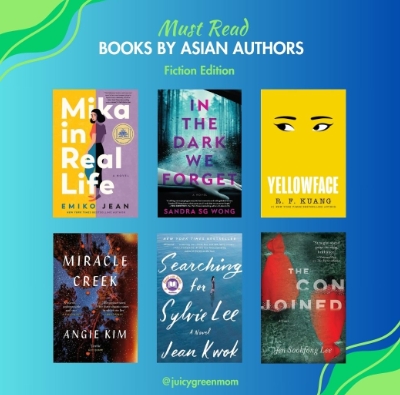Asian literature is known for its rich cultural heritage and deep storytelling traditions. From ancient epics to modern novels, Asian literature offers a window into the diverse cultures and histories of the continent. In this article, we will explore some of the most famous Asian novels that have captivated readers around the world.
The Tale of Genji: A Japanese Classic
“The Tale of Genji” is a classic work of Japanese literature written by Murasaki Shikibu in the early 11th century. It follows the life and romances of Prince Genji, offering a glimpse into the courtly culture of Heian-era Japan. The novel is considered a masterpiece of Japanese literature and has been translated into numerous languages.
Journey to the West: An Epic Chinese Tale
“Journey to the West” is a classic Chinese novel written by Wu Cheng’en in the 16th century. The story follows the journey of the monk Xuanzang as he travels to India to retrieve Buddhist scriptures. Along the way, he is accompanied by the Monkey King, Sun Wukong, and other colorful characters. The novel is an epic tale of adventure, morality, and religious devotion.
The God of Small Things: A Modern Indian Masterpiece
“The God of Small Things” is a novel by Indian author Arundhati Roy, published in 1997. The story follows the lives of fraternal twins Rahel and Estha in the Indian state of Kerala. The novel explores themes of love, family, caste, and political oppression, offering a poignant portrait of Indian society. The book won the Man Booker Prize for Fiction in 1997 and catapulted Roy to international fame.
Norwegian Wood: A Japanese Coming-of-Age Story
“Norwegian Wood” is a novel by Japanese author Haruki Murakami, published in 1987. The story follows the protagonist, Toru Watanabe, as he navigates love, loss, and loneliness in 1960s Tokyo. The novel is a coming-of-age tale that captures the disillusionment and yearning of youth in a rapidly changing society. “Norwegian Wood” has been translated into multiple languages and is considered one of Murakami’s most popular works.
In conclusion, Asian literature offers a treasure trove of stories that reflect the rich cultural heritage of the continent. From ancient epics to modern masterpieces, Asian novels continue to captivate readers with their timeless themes and compelling narratives. By exploring these famous works, we can gain a deeper understanding of the diverse cultures and histories that make up Asia’s literary landscape.
